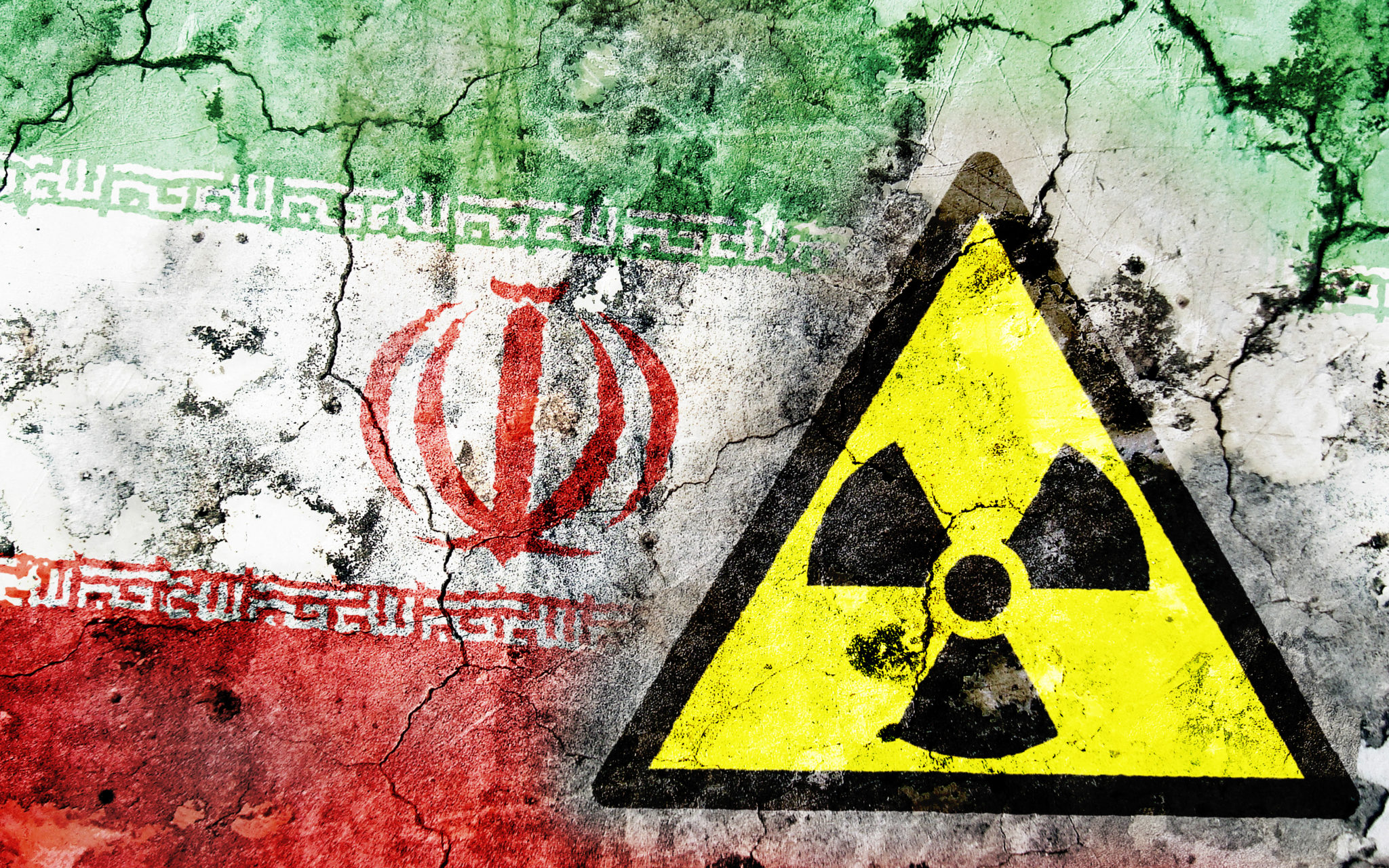
12 Jul Iran Deal at One in National Security and Defense
One year since its announcement and six months since its implementation, the nuclear deal between Iran and the P5+1 nations, known as the Joint Comprehensive Plan of Action (JCPOA), has yet to live up to its proponents’ highest hopes or give rise to its critics’ gravest fears. Without the emergence of a more moderate and cooperative Iranian regime as supporters dared imagine and without the egregious Iranian cheating as opponents dreaded, JCPOA faces what could be the most difficult challenge to overcome: bureaucratic banality. But, with both Washington and Tehran dissatisfied with how the deal has turned out, there may be opportunities to strengthen the agreement around the edges.
Potential avenues for strengthening the deal include:
- Addressing remaining ambiguities in JCPOA by announcing clearer lines for what actions would constitute cheating on the deal.
- Creating a special joint congressional committee, or using the existing committee structure, to oversee implementation of the Iran deal and ensure that its potential is being fulfilled.
- Building a long-term policy in anticipation of Iran’s future nuclear development, recognizing that the deal will not prevent Iran from achieving nuclear weapons capability forever and that the character of the Iranian regime is unlikely to fundamentally change.
- Identifying areas where Iran is dissatisfied with the deal, such as the scope of sanctions relief and the lack of foreign investment in its economy, and leverage them to gain further concessions on critical issues not covered by the deal, such as Iran’s ballistic-missile program.
Overall, with the deal in effect and tensions in the region continuing to rise, Democrats and Republicans, the White House and Congress, all need to rebuild consensus and cooperate on finding ways to limit Iranian aggression and protect U.S. interests and allies.
